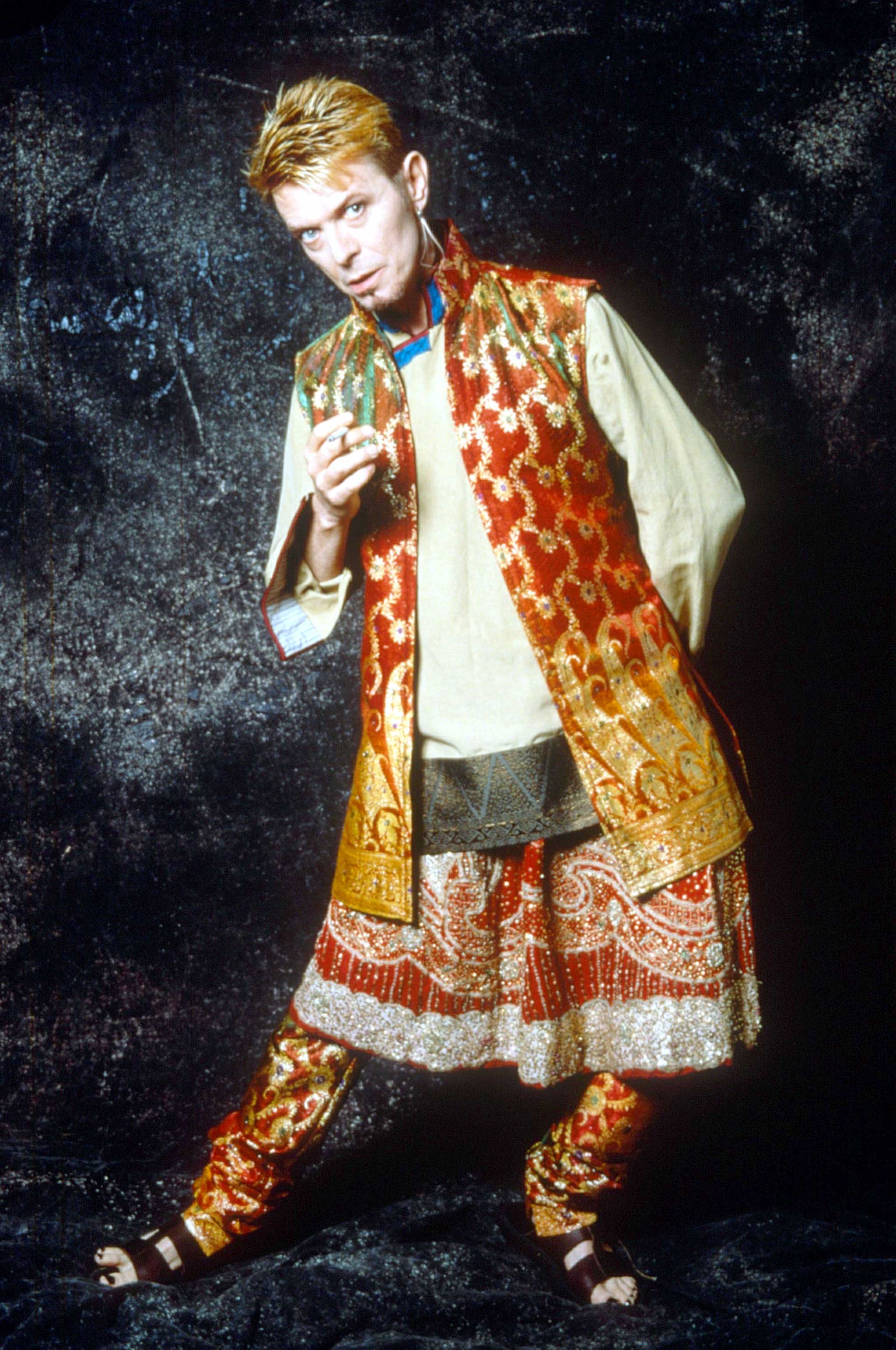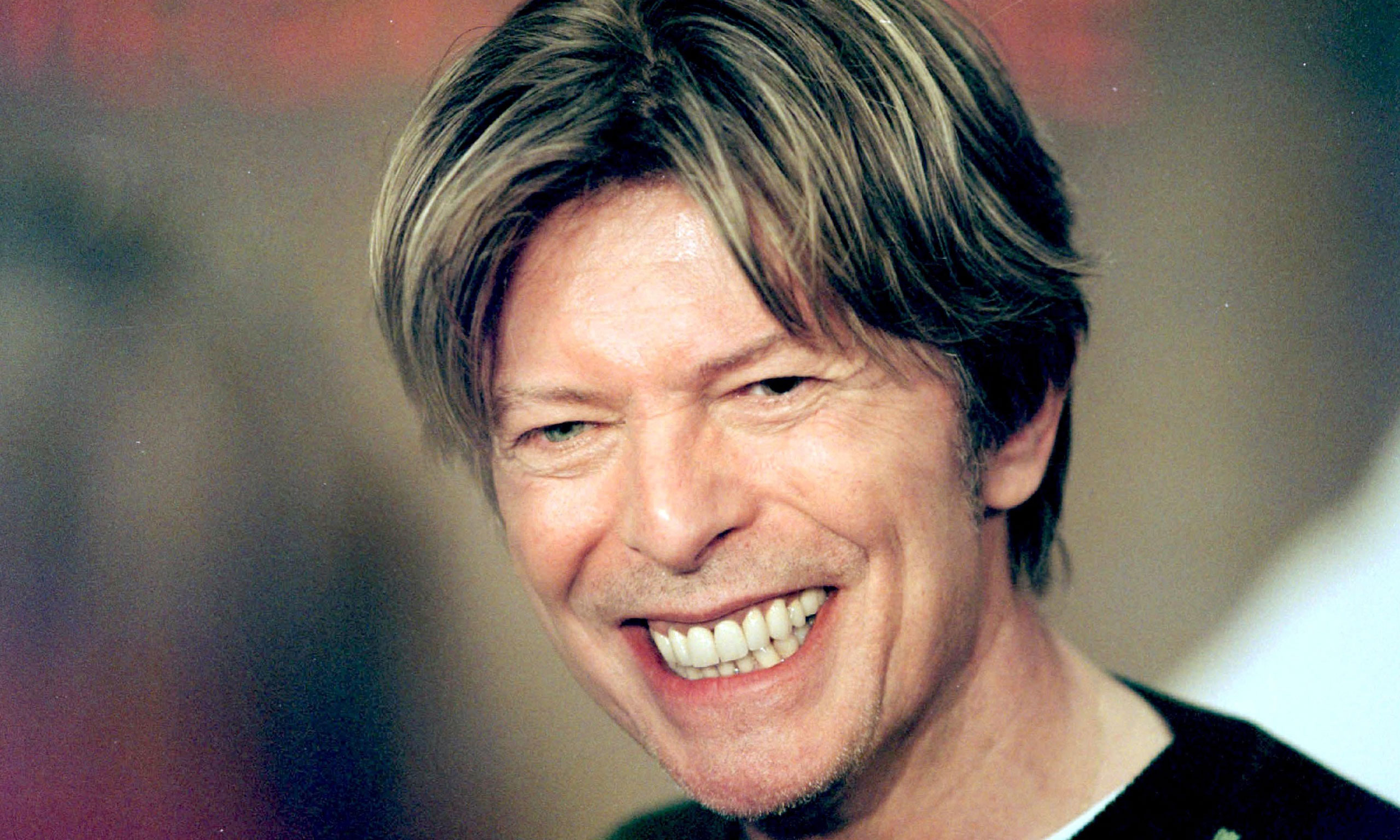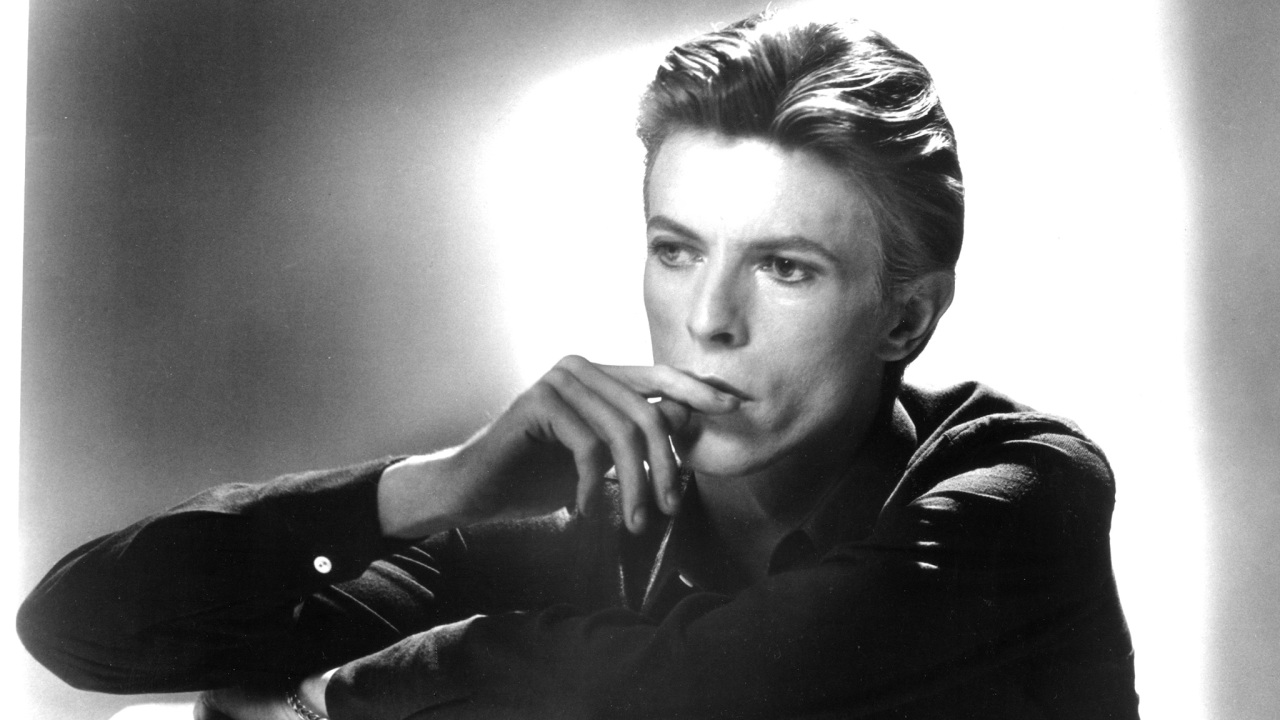There are few artists able to straddle both commercial and artistic worlds as convincingly as David Bowie managed to do during a recording career that stretched just over 50 years.
The very embodiment of a truly progressive musician, his uncanny ability to not only absorb the spirit of the times but to then repurpose it for his own creative endeavours, saw him shapeshift seamlessly from guitar-toting troubadour to glam rock icon to soul singer to earnest experimentalist and beyond.
Just looking at a small sample of his output makes one pause for thought. The ground covered from 1970’s The Man Who Sold The World through to 1980’s Scary Monsters (And Super Creeps) represents an astonishing and audacious journey.
Decisive and telling contributions from Brian Eno, Robert Fripp, Adrian Belew, and Hawkwind’s Simon House, in addition to his regular team of A-list players, Bowie frequently snuck a wide-ranging avant-garde sensibility into his songs inculcating radical tonalities them into the pop mainstream and influencing countless numbers of players and bands in the process. He wasn’t just ahead of the curve. Most of the time during that decade he was the curve.

Had he not produced another solitary note after Scary Monsters… his place as one of the great innovators of the 20th Century would have been assured. That he contained to push past boundaries and expectations further still makes his ongoing contribution to what music could be, all the more remarkable.
While he could have sat back and coasted with an endless circuit of greatest hits, Bowie challenged his listeners to keep up. 1995’s Outside is perhaps the pinnacle of Bowie at his provocative and progressive best. A sprawling unashamed concept album, its querulous, surreal and often disturbing narrative, courtesy of Bowie’s maniacal multiple vocal personas, oozes up between the songs, themselves the product of long brooding spawn of hours of ensemble improvisation.
From the bludgeoning industrial crunch of Hallo Spaceboy, flat-lining mournful cries drifting across eddying spirals of nebulous space-jazz during A Small Plot Of Land, the quicksand electronica of I’m Deranged and the dead-eye paranoia of No Control, it remains arguably his most transgressive release. Bowie and Eno’s alchemical treatments create a dynamic and formidable album whose harsh austere sounds outlines an artist keen to experiment with form and content but also one careful and canny enough to never lose the plot entirely.
2002’s superb and sombre Heathen, featuring appearances from Tony Levin, Jordan Rudess and the squalling work of guitarist David Torn, showed a player unafraid of asking big questions as the dust settled upon the site of the Twin Towers following 9⁄11.
The whispered speculation filling the ten year silence following 2003’s Reality was abruptly and triumphantly shattered by The Next Day, an album whose terse angularities and granite-edged avant-rock showed him to be just as engaged and as vital as he ever was.

Anyone looking for signs that here was a man resting on his laurels or slowing down would be sorely disappointed, as they would be with the much-trailed release of Blackstar. Forget the bleats from lazy cloth-eared critics exclaiming Bowie had gone all jazzy. It’s Bowie! Plain and simple and beyond category, using players from different disciplines and backgrounds as textural brushstrokes designed to get the best from his material. Throughout his career his lyrics, sometimes famously deploying William S Burroughs’ cut-up technique, were, more often than not, more akin to cryptic runes from which oblique and multiple meanings resisted any definitive interpretation.
As we listen to Blackstar, with its many allusions to death and mourning in the words, all written in the face of the cancer which ultimately felled him, this is not the case. What we hear his most direct and potent statement yet.
Bowie was there when we wanted to party. He was there when we wanted to think or reflect. He could make make us grin and he could make us cry, and just about everything in between that might fire through our synapses as his music soundtracked our lives for over 50 years.
The man who fell to Earth has finally fallen from it, and the world he leaves behind will never quite be the same again.

